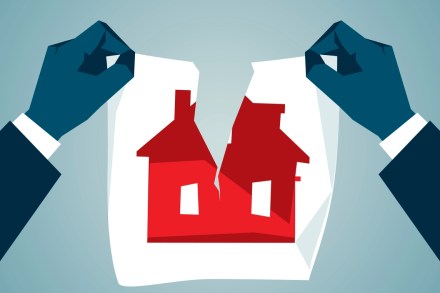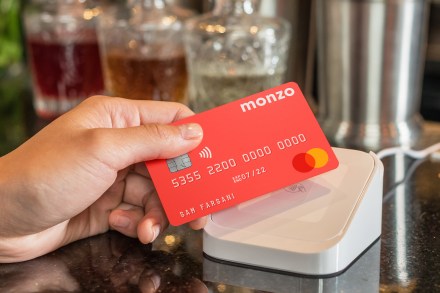How will the markets respond to lockdown?
What a strange non-event was the stockmarket reaction to the announcement of the latest national lockdown. Retailers, leisure companies, travel firms – all was calm. Marks and Spencer was down half a per cent on the morning, while Next was up five per cent on the back of good online results before Christmas. EasyJet was down two percent but International Airlines Group (IAG) was up 0.4 per cent. Cruise operator Carnival was down 0.7 percent but travel group Tui was up two per cent. It was just like any other day, as if nothing had happened on the Covid front. But then maybe that is because nothing much had happened.




















